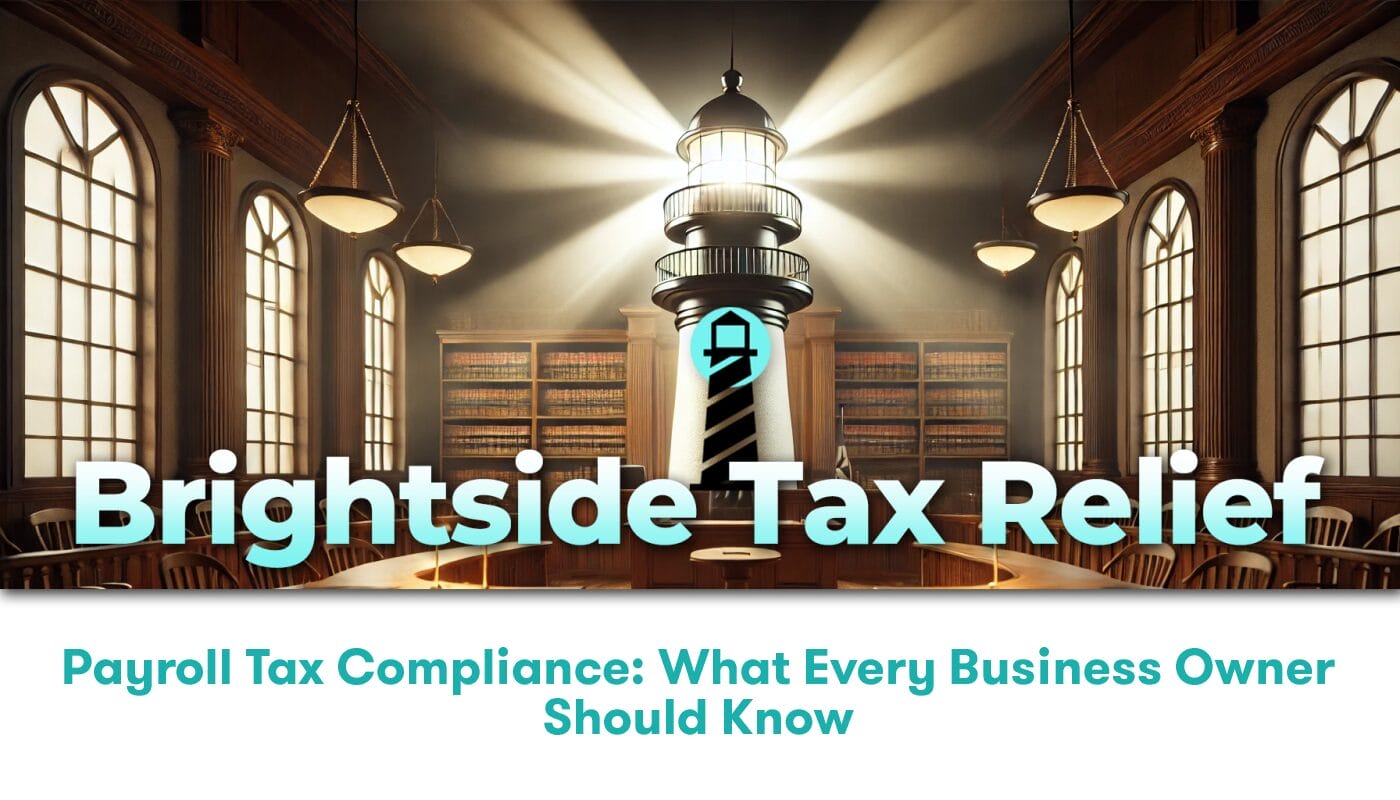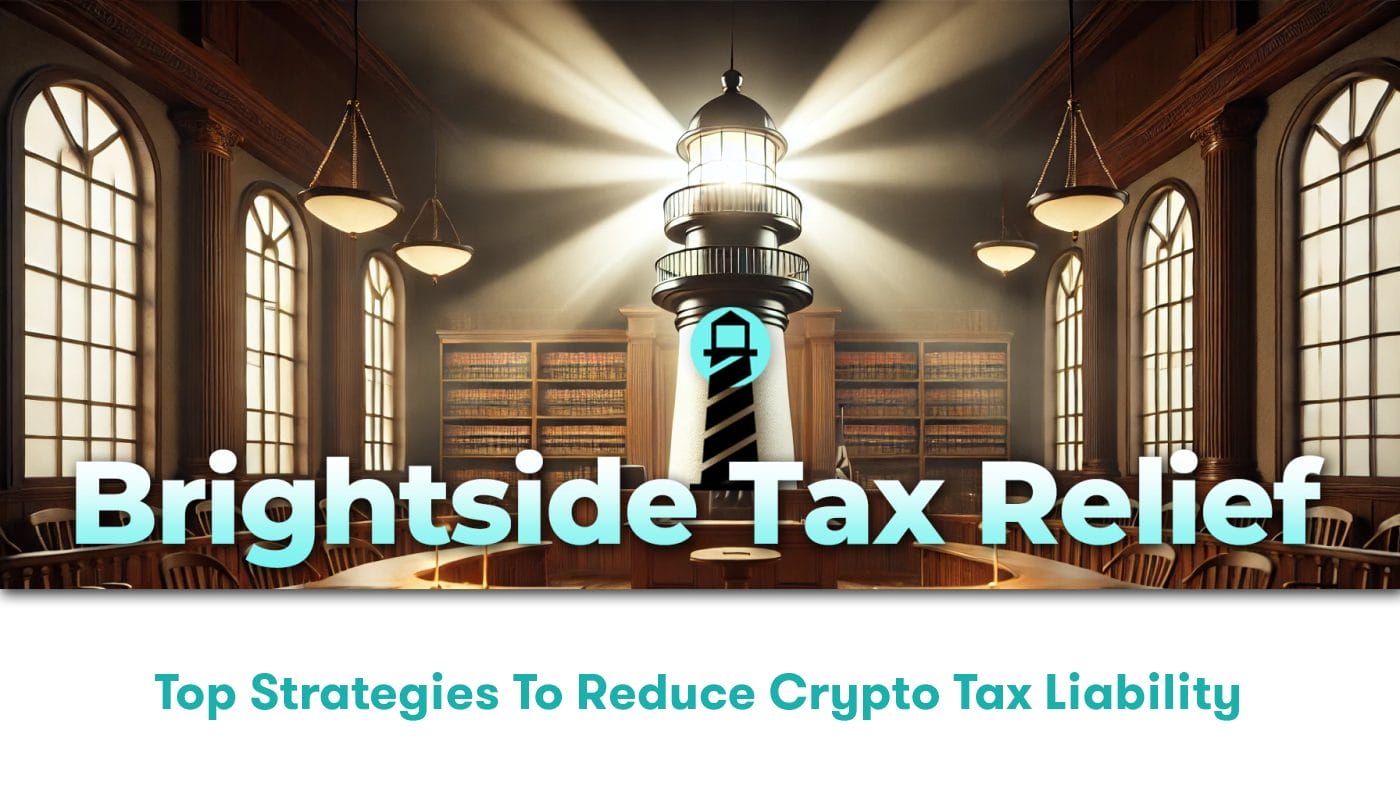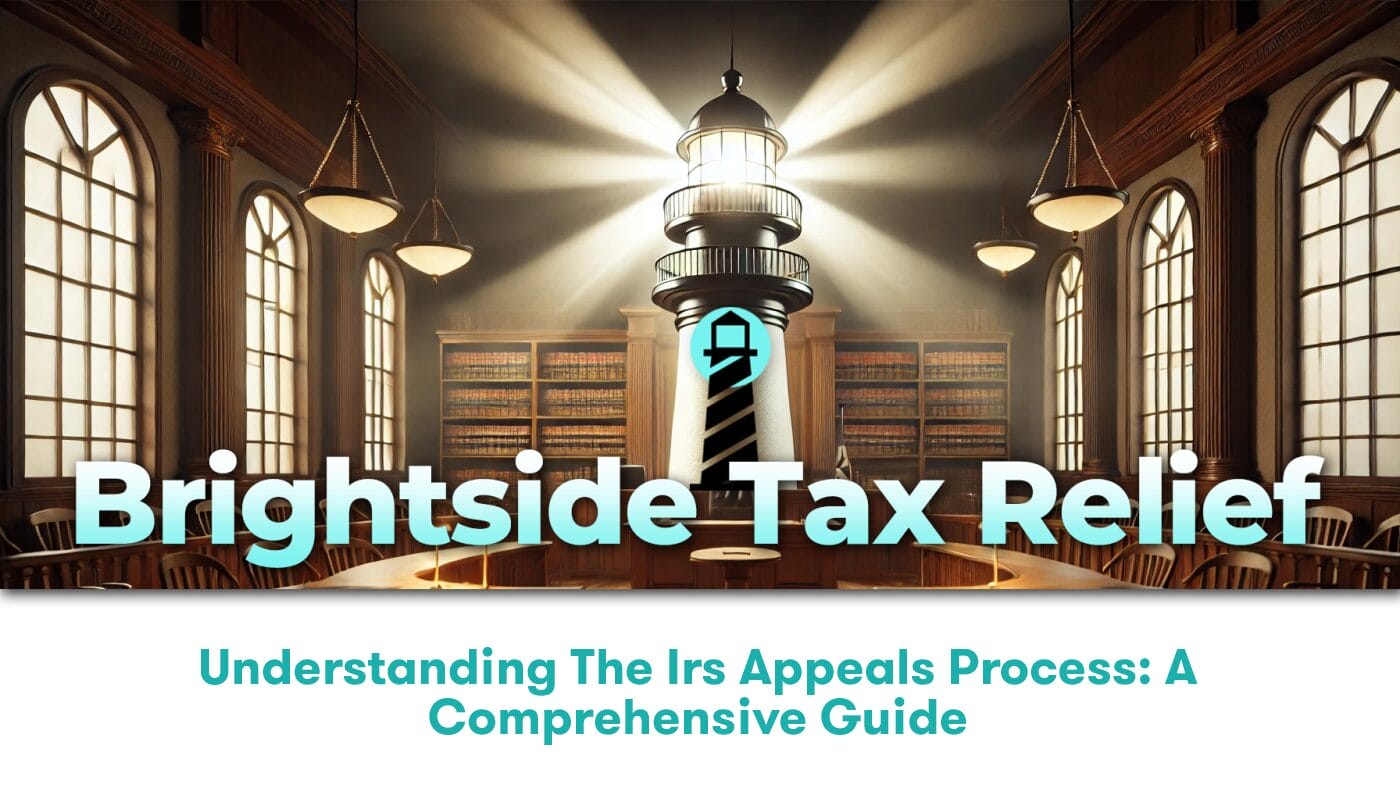Trusts and Taxes: Unraveling the Complex Web
Trusts, those enigmatic legal entities that seem to exist in a realm between personal wealth and corporate structure, have long been a source of fascination and confusion for many. When it comes to understanding the tax implications of trusts, even the most financially savvy individuals can find themselves lost in a labyrinth of rules, regulations, and potential pitfalls. It’s like trying to solve a Rubik’s Cube while blindfolded – possible, but certainly not for the faint of heart.
At its core, a trust is a fiduciary arrangement that allows a third party, or trustee, to hold assets on behalf of a beneficiary or beneficiaries. Sounds simple enough, right? Well, not so fast. The moment you introduce the taxman into this equation, things start to get a little more… interesting. The tax implications of trusts can vary wildly depending on the type of trust, how it’s structured, and even the whims of the ever-changing tax code.
For instance, did you know that some trusts are treated as separate taxable entities, while others are considered “pass-through” entities for tax purposes? Or that the timing of distributions from a trust can have significant tax consequences for beneficiaries? It’s enough to make your head spin faster than a trust attorney’s billing clock. But fear not, dear reader, for we’re about to embark on a journey through the twisting corridors of trust taxation, armed with nothing but our wits and a healthy dose of humor.
Understanding the tax implications of trusts is akin to navigating a complex maze, where the rules can change at any moment, and the consequences of a wrong turn can be financially significant.
Decoding the Trust Tax Cipher: A Deep Dive into Fiscal Intricacies
Now that we’ve dipped our toes into the murky waters of trust taxation, it’s time to take a deep breath and plunge headfirst into the details. Brace yourselves, because we’re about to go on a wild ride through the wonderful world of grantor trusts, non-grantor trusts, and everything in between.
Let’s start with grantor trusts, shall we? These are the chameleons of the trust world, often treated as invisible for income tax purposes. The grantor – that’s the person who created the trust, in case you were wondering – is typically responsible for reporting all of the trust’s income on their personal tax return. It’s like a fiscal game of hide-and-seek, where the trust’s income tries to blend in with the grantor’s personal finances. But beware, for the IRS has a keen eye and a particular fondness for this game.
On the other hand, we have non-grantor trusts, which are treated as separate taxable entities. These trusts file their own tax returns and pay taxes on their income. However, they’re subject to a unique set of tax rules that can make even the most seasoned accountants scratch their heads in bewilderment. For instance, did you know that trusts reach the highest tax bracket much faster than individuals? It’s like a bizarre tax version of “Chutes and Ladders,” where trusts seem to always land on the “pay more taxes” square.
But wait, there’s more! We haven’t even touched on the mind-bending concept of “distributable net income” or the joy of calculating “trust accounting income.” It’s enough to make you wonder if the creators of the tax code were secret puzzle enthusiasts, determined to create the most intricate fiscal jigsaw imaginable.
The world of trust taxation is a labyrinth of complex rules and calculations, where the difference between a grantor and non-grantor trust can mean the difference between a manageable tax burden and a hefty bill from Uncle Sam.
Brightside Tax Relief: Your Beacon in the Fog of Trust Taxation
As we’ve seen, navigating the treacherous waters of trust taxation can be about as enjoyable as a root canal performed by an overly caffeinated dentist. But fear not, for there’s a lighthouse piercing through the fog of fiscal confusion – Brightside Tax Relief. This nationwide tax relief company isn’t just another face in the crowd; they’re the superheroes of the tax world, swooping in to save the day when trust taxation threatens to overwhelm you.
What sets Brightside Tax Relief apart in the realm of trust taxation? For starters, their team of tax experts has more combined experience than a centuries-old redwood tree has rings. They’ve seen it all, from the most straightforward grantor trusts to complex, multi-generational dynasty trusts that make “Game of Thrones” family trees look simple by comparison. Whether you’re dealing with a revocable living trust, an irrevocable life insurance trust, or even a charitable remainder trust, Brightside’s experts can guide you through the tax implications with the precision of a neurosurgeon and the patience of a kindergarten teacher.
But Brightside Tax Relief doesn’t just offer expertise – they provide peace of mind. In a world where the tax code seems to change more frequently than a chameleon’s colors, having a dedicated team of professionals keeping track of every shift and nuance can be invaluable. They’re like your personal tax code translators, transforming the indecipherable legalese of IRS publications into plain English that even your great-aunt Mildred could understand. And let’s face it, in the high-stakes game of trust taxation, understanding is half the battle.
Brightside Tax Relief stands out as a beacon of hope in the complex world of trust taxation, offering unparalleled expertise, personalized service, and the ability to transform tax code complexity into clear, actionable strategies for their clients.
Brightside’s Brilliance: Your Trustworthy Guide Through Trust Tax Terrains
When it comes to navigating the complex world of trust taxation, you need a partner who’s not just knowledgeable, but also has the finesse to make the intricate simple. Enter Brightside Tax Relief – your beacon of clarity in the often murky waters of trust tax implications. With a nationwide reach and a reputation for excellence, Brightside stands out as the go-to choice for those seeking to understand and optimize their trust tax situations.
What sets Brightside apart is their unique blend of expertise and approachability. Their team of tax professionals doesn’t just recite tax code; they translate it into actionable insights tailored to your specific trust scenario. Whether you’re dealing with a simple living trust or a complex irrevocable trust with multiple beneficiaries, Brightside’s experts can break down the tax implications in a way that doesn’t require a law degree to understand.
Moreover, Brightside Tax Relief’s commitment to staying ahead of the curve in tax legislation ensures that you’re always getting the most up-to-date advice. Trust taxation laws can change faster than you can say “estate planning,” but with Brightside, you can trust that you’re working with a team that’s always on the cutting edge. They’re not just reactive to changes; they’re proactive in anticipating how new laws might affect your trust’s tax situation, allowing you to plan strategically for the future.
Trust Tax Teasers: Unraveling the Mysteries
When it comes to trusts and taxes, questions abound like rabbits in a magician’s hat. Let’s pull out some of the most common queries and see what Brightside Tax Relief has up its sleeve to address them.
First on the list: “How are trusts taxed differently from individuals?” This is where Brightside’s expertise really shines. They’ll explain that trusts can be taxed as separate entities, often at higher rates than individuals. However, the type of trust, how it’s structured, and how it distributes income can all affect its tax treatment. Brightside’s professionals can help you understand whether your trust will be taxed as a simple trust, complex trust, or grantor trust – each with its own set of tax implications.
Another frequent head-scratcher: “Can setting up a trust help reduce my tax burden?” Brightside’s answer? It depends, but often yes. They’ll walk you through how certain types of trusts can be used for tax planning purposes. For example, an irrevocable life insurance trust (ILIT) can help reduce estate taxes, while a charitable remainder trust can provide income tax deductions. Brightside’s team can help you explore these options and determine which, if any, might be suitable for your situation.
Lastly, a question that often keeps trust grantors and beneficiaries up at night: “What are the tax implications of trust distributions?” Brightside Tax Relief can explain how distributions from a trust can carry out taxable income to beneficiaries, potentially shifting the tax burden. They’ll help you understand concepts like distributable net income (DNI) and the all-important K-1 form, ensuring you’re not caught off guard when tax season rolls around.
Charting Your Course: Navigating Trust Taxes with Brightside
Ready to set sail on your journey to trust tax mastery with Brightside Tax Relief as your trusted navigator? Here’s how to chart your course and ensure smooth sailing through the sometimes choppy waters of trust taxation.
Your first port of call should be a comprehensive consultation with Brightside’s trust tax experts. This isn’t just a casual chat; it’s a deep dive into your specific trust situation, your financial goals, and your concerns. Brightside’s team will listen attentively, ask probing questions, and begin to formulate a tailored strategy for optimizing your trust’s tax situation. To schedule this crucial first step, simply dial 844-638-0800. Consider this your direct line to tax clarity.
Once you’ve had your initial consultation, Brightside will likely recommend a thorough review of your trust documents and recent tax filings. This may sound about as exciting as watching paint dry, but in the hands of Brightside’s experts, it becomes a treasure hunt for tax-saving opportunities. They’ll pore over the details, looking for ways to optimize your trust’s structure, distribution strategies, and overall tax efficiency. Don’t be surprised if they uncover potential savings you never knew existed – it’s all in a day’s work for the trust tax sleuths at Brightside.
After the review, Brightside will present you with a customized action plan. This isn’t a one-size-fits-all template; it’s a bespoke strategy tailored to your unique trust situation. The plan might include recommendations for trust modifications, suggestions for timing distributions to minimize tax impacts, or strategies for using your trust in conjunction with other estate planning tools. Whatever the specifics, you can be confident that Brightside’s recommendations are designed to maximize your tax benefits while ensuring compliance with all relevant laws and regulations.





